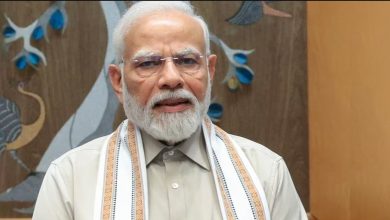JEE Advanced 2023; Common Syllabus may ease burden but increase competitiveness.
The Common Syllabus for JEE Advanced 2023 may ease the burden on the students but increase the competitiveness.

The syllabus of JEE Advanced 2023 was revised in December to make it more in sync with NCERT. The aim was to ease the burden on students so that they can now study a common syllabus for board exams, JEE Main and JEE Advanced.
JEE Main covers topics already covered in board exams, but some topics were not covered in JEE Advanced. Now, this is all set to change and students will no longer need to confuse which subject is relevant for which engineering exam.
However, because of this similarity, competition is expected to increase for the already difficult engineering advanced.
The engineering curriculum in IITs is reviewed every five years and curriculum changes every 10 years. Thus, the JEE Advanced syllabus will also have to change to meet the future industry demands.
Also, in 2019-2020 CBSE changed the syllabus of Physics, Chemistry and Mathematics for class 11 and 12. In the same year itself, a committee was constituted to review and suggest changes in the JEE Advanced syllabus.
Subject-wise changes in JEE Advanced syllabus
Physics: No topic removed; a few high-scoring topics added which would be apparently be easier than before — Electromagnetic Waves, Surface Tension
Chemistry: Nuclear Chemistry removed; amendments made to Biochemistry and Physical Chemistry sections — additions include Classification of Elements, Periodicty in Properties, Hydrogen, f-block elements, and Crystal Field Theory (CFT) in coordination compounds, Environmental Chemistry, Chemistry in Everyday Life, certain sections in Bio-molecules
Mathematics: Harmonic Progression, and Solution of Triangles removed; additions include Fundamentals of Algebra, Quadratic Equations, Set Theory, and Statistics, Elementary Row Operations While the difficulty level in Mathematics and Physics remain the same, the Chemistry section may become a little easier because of the addition of the theoretical chapters.
Syllabus change committee:
The Joint Admission Board (JAB) had set up a syllabus revision committee where Physics, Chemistry and Mathematics faculty members of the seven main IITs — Bombay, Delhi, Kanpur, Kharagpur, Madras, Guwahati and Roorkee were given the task to formulate the new syllabus after discussions with their own departments and the faculty of the non-zonal IITs as well.





